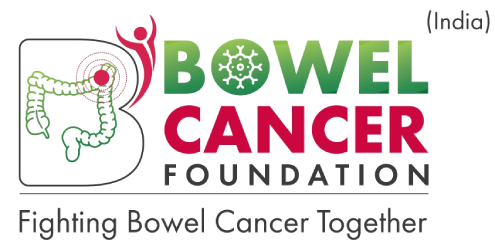
- 15/04/2023
- Kiran Shinde
- 0 Comments
- Blog
The importance of early bowel cancer screening
Bowel cancer, also known as colorectal cancer, is one of the most common cancers worldwide. It is estimated that around 1.8 million new cases of bowel cancer are diagnosed each year, and approximately 900,000 people die from the disease annually. However, the good news is that bowel cancer is highly treatable when detected early. That’s why it is essential to undergo regular bowel cancer screening, especially if you are at a higher risk for the disease. In this blog post, we will discuss the importance of early bowel cancer screening.
What is bowel cancer screening?
Bowel cancer screening involves testing individuals who have no symptoms of the disease to detect early signs of bowel cancer. The screening tests include a fecal occult blood test (FOBT), which checks for the presence of blood in the stool, and a colonoscopy, which examines the inside of the large intestine.
Why is early bowel cancer screening important?
The earlier bowel cancer is detected, the higher the chances of successful treatment and survival. In the early stages, bowel cancer may not show any symptoms, making it difficult to diagnose. That’s why screening is so crucial.
Regular bowel cancer screening can help identify precancerous polyps or growths that can develop into cancer. If polyps are detected, they can be removed during the colonoscopy, which can significantly reduce the risk of developing bowel cancer. Screening can also detect bowel cancer in its early stages when it is most treatable.
Who should get screened for bowel cancer?
The risk of developing bowel cancer increases with age, so people aged 50 and over are recommended to undergo regular screening. However, if you have a family history of bowel cancer or have certain medical conditions, you may need to start screening earlier or undergo more frequent screening. If you have any concerns about your bowel health, such as blood in your stool, a change in bowel habits, or abdominal pain, you should speak to your doctor. These symptoms may require further investigation and testing, regardless of your age.
How often should you get screened for bowel cancer?
The recommended frequency of bowel cancer screening varies depending on the screening test and your risk level. For individuals with average risk, a fecal occult blood test (FOBT) is recommended every two years, starting at age 50. If the FOBT result is positive, a follow-up colonoscopy will be needed.
For individuals with a higher risk, such as those with a family history of bowel cancer or certain medical conditions, more frequent screening may be necessary. Your doctor can provide guidance on the appropriate screening frequency based on your individual circumstances.
